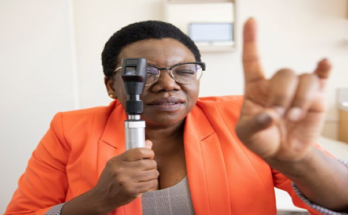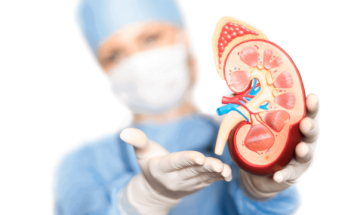Breast cancer is one of the most common cancers affecting women globally. While some risk factors, such as age, genetics, and family history, can’t be changed, many lifestyle-related factors are within your control. Taking proactive steps like maintaining a healthy weight, staying physically active, limiting alcohol, and being cautious with hormone use can all play a role in reducing your risk.
Although anyone can get breast cancer, certain factors may increase your likelihood of developing it:
You may be at higher risk if you:
- Are over the age of 50
- Have dense breast tissue
- Have a family history of breast or ovarian cancer (possibly due to an inherited gene mutation like BRCA1 or BRCA2)
- Have certain breast conditions such as benign breast disease, ductal carcinoma in situ (DCIS), or lobular carcinoma in situ (LCIS)
Hormone levels may also play a role, especially if you:
- Started menstruating before age 12 or entered menopause after age 55
- Have not given birth or had your first child, after age 30
- Did not breastfeed your children
- Are you currently using the contraceptive pill or hormone replacement therapy (HRT) — although the increased risk is small, and for many, the benefits outweigh the risks
Lifestyle factors linked to breast cancer include:
- Smoking
- Being overweight or obese
- Regular alcohol consumption
What You Can Do to Lower Your Risk
While breast cancer isn’t always preventable, there are several steps you can take to reduce your risk:
- Limit or avoid alcohol
- Maintain a healthy weight
- Stay physically active
- Quit smoking
- Discuss hormone use with your GP if you’re concerned about contraceptives or HRT
Don’t Skip Screenings
Routine breast screenings (mammograms) can detect cancers at an early stage, often before any signs or symptoms appear. If you’re invited for screening, it’s important to attend—even if you feel well.
Genetic Testing for Breast Cancer Risk
If you have close family members who’ve had breast or ovarian cancer, you may be eligible for genetic testing to check for inherited mutations such as BRCA1 or BRCA2. These mutations can significantly raise your risk of developing breast cancer.
Speak to your GP if cancer runs in your family. They may ask about:
- The type of cancer diagnosed in your relatives
- How many family members were affected
- Their ages at diagnosis
- Whether any relatives have had genetic testing
If your GP believes you’re at increased risk, they may refer you to a specialist breast or genetics clinic for further assessment.
Treatment Options for High-Risk Individuals
If genetic testing confirms a higher risk, there are treatments available to help reduce that risk. These may include preventive medications or, in some cases, surgery. A genetic counsellor or specialist doctor will guide you through your options, explaining both the benefits and potential side effects.




